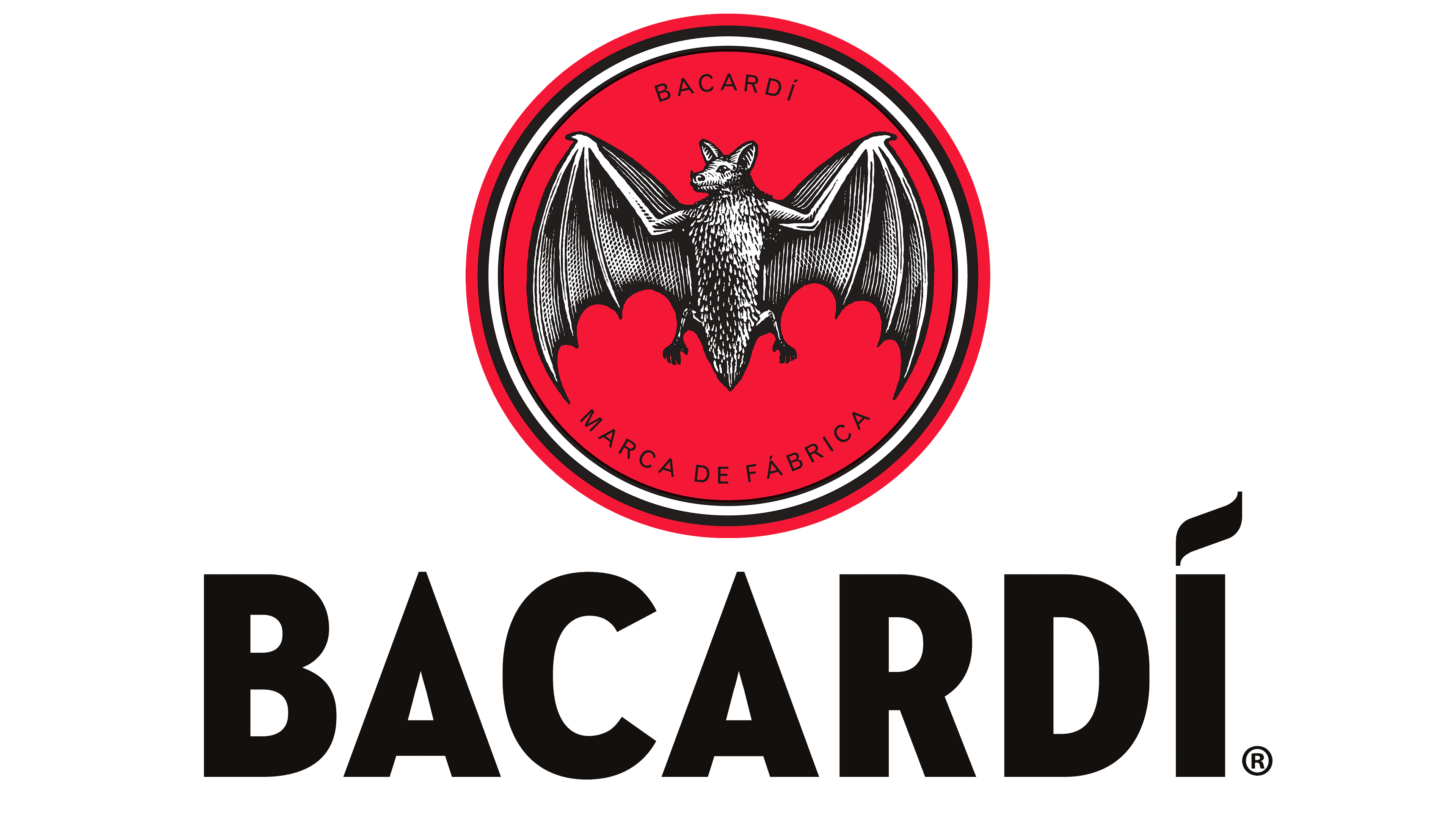Contents
Yet recent research has shown that only 27% of leaders feel ‘very prepared’ to take on such challenges and confident that they can create a workplace that supports employees to deliver key business results (DDI, 2015).
Leadership development remains a critical global challenge across industry sectors. According to Deloitte’s recent survey of 3,300 organisations across 106 countries (Bersin, 2015), 86% of business and HR professionals continue to rate leadership capability as a ‘top 3 issue’ impacting the future success of their businesses. But when leadership development is done well, the financial rewards are significant.
How do you future-proof your leaders?
The truth is, leaders don’t come with assembly instructions. There’s no magic fix or set of tools that will turn every employee into a successful future leader. To develop the skills of emerging leaders, we need to help them think in a more complex way, growing a new mind-set that will in turn initiate new leadership behaviours.
This shift in attitudes and behaviours takes time and commitment. Effective development is achieved step-by-step.
At ChangingPoint, our leadership development programmes support current and future leaders to increase their personal impact. We adopt a modular approach to help individuals stretch their comfort zone a little at a time, supporting the application of learning and providing ongoing feedback so that the right behaviours are developed and sustained. Development is always directly linked to real-life business challenges facing leaders, ensuring there’s an immediate positive impact within the organisation too.
We support leaders in understanding the human side of business.
Providing effective personal leadership that gets results through others is a significant challenge. ChangingPoint works closely with leaders to help them achieve the right balance between leading people, managing process, and devising policy and strategy. We often find that leading people is the missing link.
We aim to equip leaders with the key skills and capabilities that will allow them to effectively lead change, improve teamwork, increase performance and ultimately deliver business results. Our focus is developing the broad range of behaviours that will set leaders up for current and future success, including:
- Enhancing quality leadership thinking – to develop strategic thinking, questioning and solution-spotting skills
- Boosting interpersonal skills – to improve clarity and content of communication and increase persuasiveness
- Channelling energy and passion – to become an inspiring and transforming leader
- Forging mental toughness – to build self-confidence and assertiveness
- Setting clear direction – to gain strategic alignment and show enthusiasm and staying power in the face of change
- Increasing self awareness – to adapt to others and develop strong working relationships
- Developing others – to realise potential through the use of effective coaching and delegation
Consider the future leaders within your organisation:
Are they facing the challenge of leading others through a constantly changing environment?
Is there a need to enhance your organisation’s leadership skills in order to increase personal and team effectiveness?
How will you future-proof your leaders?
References

Written by Jayne Ruff
Jayne Ruff, Occupational Psychologist & Managing Director at ChangingPoint. To find out more about how ChangingPoint can help you align minds to transform your business, get in touch.
From the blog

Blog How Leaders Can Create Psychological Safety at Work
While many discussions about safety in the workplace are rightfully centred around physical health and safety, they should be expanded to cover psychological safety at work too.
Read more
Blog Strife or Thrive? 7 Most Common Challenges in Family Businesses
Take a closer look at how tradition, innovation, and change intersect within a family business context.
Read more
Blog The Glass Cliff: A Perilous Path for Women in Leadership
Learn what the glass cliff is, how it affects women’s leadership positions, and what we can do together to create more inclusive workspaces.
Read more






